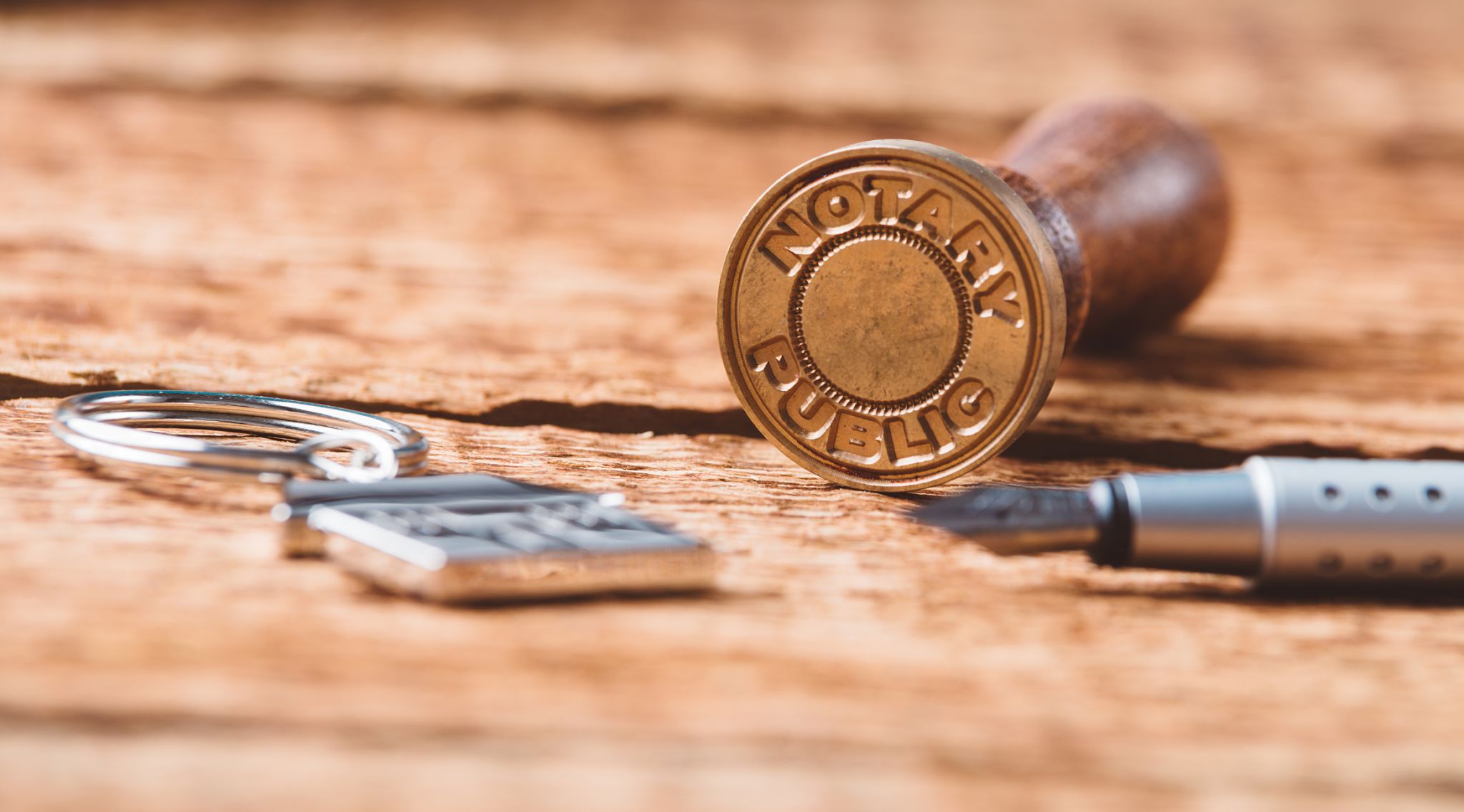The Role of Notaries in Legal Document Preparation
Understanding the Role of Notaries
Notaries play a crucial role in the legal landscape by ensuring the authenticity and integrity of documents. They serve as impartial witnesses to the signing of documents, which helps prevent fraud and ensures that all parties involved fully understand the content of what they're signing. This role is vital in maintaining trust and transparency in legal transactions.
Notaries are often required for various types of documents, from real estate deeds to affidavits and contracts. By verifying the identity of signatories and ensuring that they are signing willingly, notaries provide an additional layer of protection. Their presence helps to deter fraud and forgery, making them indispensable in legal document preparation.

The Importance of Notarization in Legal Documents
Notarization is more than just a formality; it is a crucial step in the preparation of legal documents. It acts as a safeguard that protects all parties involved by confirming the authenticity of the signatures and the identity of those signing. This process helps to establish trust between parties who may not know each other personally.
In some cases, notarized documents are legally required. For example, in the real estate industry, deeds and mortgage documents often need to be notarized to be considered valid. Similarly, powers of attorney and wills may also require notarization depending on jurisdictional laws. This requirement underscores the critical role of notaries in legal document preparation.
How Notaries Help Prevent Fraud
One of the primary functions of a notary is to deter fraud. By verifying the identity of signatories, notaries help ensure that all parties involved are who they claim to be. This process typically involves checking government-issued identification and sometimes even capturing a thumbprint for added verification.

Furthermore, notaries are trained to recognize signs of coercion or duress. If a notary suspects that a party is being forced to sign a document against their will, they have the authority to refuse notarization. This safeguard is crucial in protecting vulnerable individuals from being taken advantage of in legal transactions.
Selecting a Qualified Notary
Choosing a qualified notary is essential to ensure that your documents are prepared correctly and legally binding. It's important to find a notary who is knowledgeable about the specific requirements for notarizing your type of document. Some states require notaries to undergo specialized training or certification, which can be an indicator of their expertise.
When selecting a notary, consider their experience and reputation. It's often helpful to seek recommendations from trusted sources or to read reviews from previous clients. A qualified notary will be detail-oriented and committed to upholding ethical standards, providing you with peace of mind throughout the document preparation process.

The Future of Notarization
The notarization process is evolving with advancements in technology. Electronic and remote notarization are becoming more common, allowing for greater convenience and accessibility. These methods enable notaries to perform their duties without requiring physical presence, which can be particularly beneficial for individuals with mobility challenges or those living in remote areas.
Despite these technological advancements, the core responsibilities of notaries remain unchanged. Their role in verifying identity, ensuring understanding, and deterring fraud continues to be essential in legal document preparation. As technology progresses, notaries will adapt while maintaining their commitment to integrity and trust.